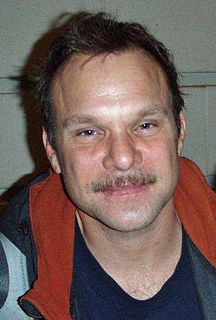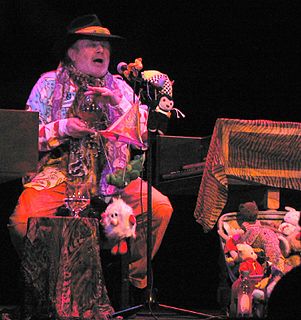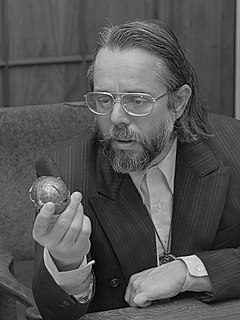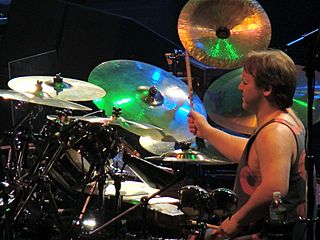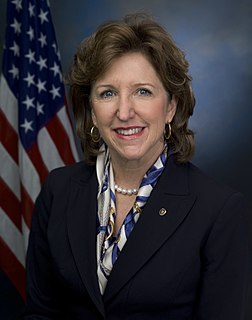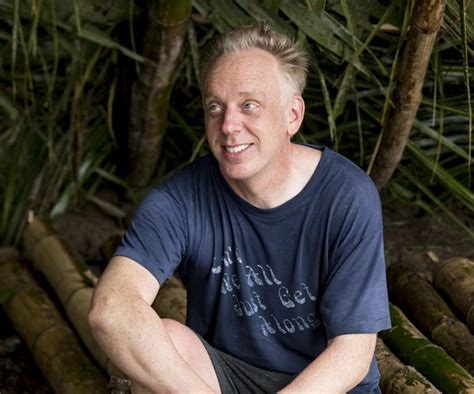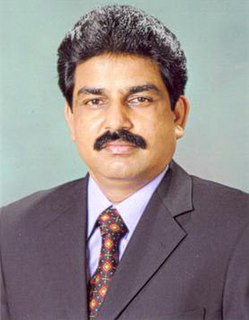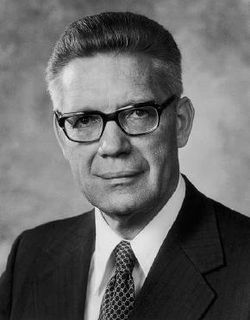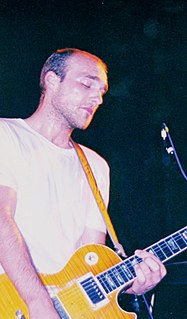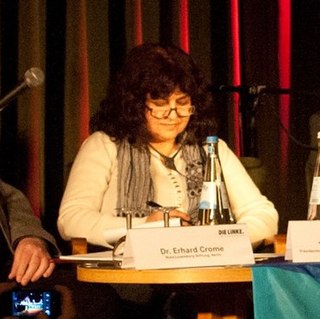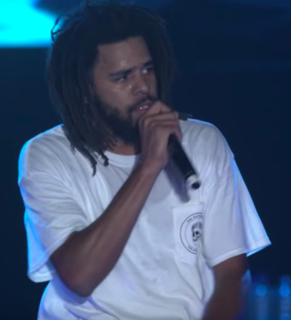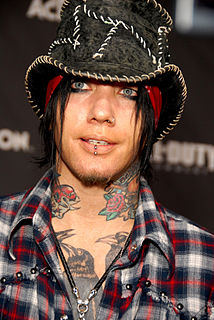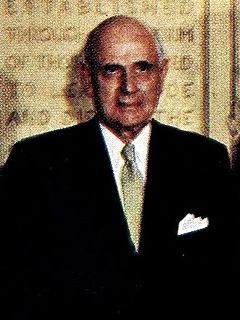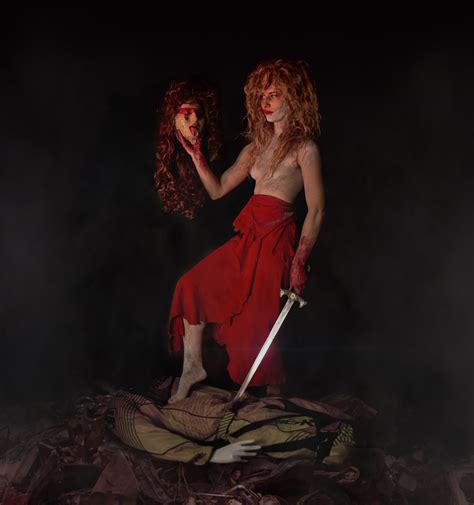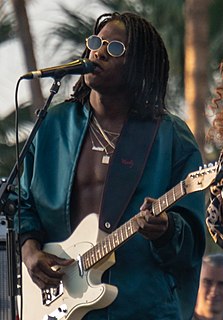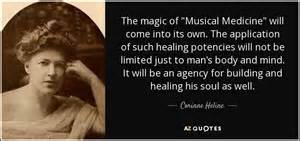Top 1200 Religious Music Quotes & Sayings
Explore popular Religious Music quotes.
Last updated on April 14, 2025.
I'm very religious, you know. Now, OK, if by 'religious', you mean that I go to church every Sunday, read the bible faithfully, and I listen to Debbie Boone, umm, I'm not religious in that sense... But if by 'religious' you mean that I love others and try to help them whenever possible... Again, no. But if by 'religious' you mean that I like to eat coleslaw... Yeah, OK, OK!
Reggae, oh man. It's the ultimate music. The positivity. The musicality. The whole cultural expressionism of it. The danceability. Just the cool factor. The melody factor. Some of it comes from a religious place. If there were a competition of who makes the best religious music, it would definitely be the Rastafarian reggae.
Everyone talks about religious liberty, but no one believes it. So let us be blunt about it: we must use the doctrine of religious liberty to gain independence for Christian schools until we train up a generation of people who know that there is no religious neutrality, no neutral law, no neutral education, and no neutral civil government. Then they will get busy in constructing a Bible-based social, political, and religious order which finally denies the religious liberty of the enemies of God.
Wherever there is a religious regime, over there there is ignorance, misery and absurdity! No religious state can ever elevate its own people! Sooner or later, the primitiveness of the religious administrations and the irrationality of the religious rules will cause a great collapse of those countries! The downfall is inevitable!
I'm a New Yorker. I'm liberal and open-minded. Things don't really shock me. But I was reading the second-act today and thinking that if you're religious, you could be. But you shouldn't be! You can be extremely religious and have your faith and still be open-minded to art. Because this is art. That's part of the excitement. It literally is "The Jerry Springer Show" on-stage set to beautiful operatic music. That's what's so incredible about it!
I think religious freedom is part of the U.S.'s policy and Congress mandated the creation of the U.S. Commission on International Religious Freedom. So it is important that the U.S. focus in dialogue, development projects, cooperation with Pakistan and other countries to give more importance to religious freedom issues.
The great writers to whom the world owes what religious liberty it possesses, have mostly asserted freedom of conscience as an indefeasible right, and denied absolutely that a human being is accountable to others for his religious belief. Yet so natural to mankind is intolerance in whatever they really care about, that religious freedom has hardly anywhere been practically realised, except where religious indifference, which dislikes to have its peace disturbed by theological quarrels, has added its weight to the scale.
No, I'm not religious, I'm sorry to say. But I was once and shall be again. There is no time now to be religious." "No time. Does it need time to be religious?" "Oh, yes. To be religious you must have time and, even more, independence of time. You can't be religious in earnest and at the same time live in actual things and still take them seriously, time and money and the Odéon Bar and all that.
To me, ideology is corrupt; it's a parasite on religious structures. To be an ideologue is to have all of the terrible things that are associated with religious certainty and none of the utility. If you're an ideologue, you believe everything that you think. If you're religious, there's a mystery left there.
Math . . . music .. . starry nights . . . These are secular ways of achieving transcendence, of feeling lifted into a grand perspective. It's a sense of being awed by existence that almost obliterates the self. Religious people think of it as an essentially religious experience but it's not. It's an essentially human experience.
It is terrible that we all die and lose everything we love; it is doubly terrible that so many human beings suffer needlessly while alive. That so much of this suffering can be directly attributed to religion—to religious hatreds, religious wars, religious delusions and religious diversions of scarce resources—is what makes atheism a moral and intellectual necessity.
It is taboo in our society to criticize a persons religious faith... these taboos are offensive, deeply unreasonable, but worse than that, they are getting people killed. This is really my concern. My concern is that our religions, the diversity of our religious doctrines, is going to get us killed. I'm worried that our religious discourse- our religious beliefs are ultimately incompatible with civilization.
When we moved to Florida we experienced it on a communal level, in a more structured religious setting, with temples and different worships. That sense of community is very much interconnected with music for us, and thinking of music as this living organism that offers a space of mystical participation with forces outside yourself.
The Medicine Man occupied the honored role of priest and physician to his tribe. They understood that healing was done by the intercession of celestial spirits. Music was used as the bridge between these planes. Thus we see why music was religious in nature, and music was looked upon as a sacred art.
Music goes way back before language does. And music is like the key to a whole spiritual existence which this society doesn't even talk about. We know it's there. The Grateful Dead plays at religious services essentially. We play at the religious services of the new age. Everybody gets high, and that's what it's all about really. Getting high is a lot more real than listening to a politician. You can think that getting high actually did happen - that you danced, and got sweaty, and carried on. It really did happen. I know when it happens. I know it when it happens every time.
Religious ideas about good and evil tend to focus on how to achieve well-being in the next life, and this makes them terrible guides to securing it in this one. Of course, there are a few gems to be found in every religious tradition, but insofar as these precepts are wise and useful they are not, in principle, religious.
My goal is to live the truly religious life, and express it in my music. If you live it, when you play there's no problem because the music is part of the whole thing. To be a musician is really something. It goes very, very deep. My music is the spiritual expression of what I am - my faith, my knowledge, my being.
Now, the topic of religion seems much more complex, and I have a more complex relationship with it myself because I love religious music. I often find myself wanting to be in a religious state of mind even though I don't intellectually believe it. I want to go to that place emotionally. So it doesn't feel like something that I really want to debunk in that way. It's just not where my interests lie at the moment.
All my life I have made it a rule never to permit a religious man or woman take for granted that his or her religious beliefs deserved more consideration than non-religious beliefs or anti-religious ones. I never agree with that foolish statement that I ought to respect the views of others when I believe them to be wrong.
There has been a religious revival because - let me put it like this, the people that weren't traditionally religious, conventionally religious, had a religion of their own in my youth. These were liberals who believed in the idea of progress or they were Marxists. Both of these secular religions have broken down.
